Notice
-
Take Notice
-
Why do young people drink?
Take notice
It can be very difficult to tell if your child is drinking alcohol, particularly when they don’t want you to find out. However there are some telltale signs to look out for that may indicate that something is up.
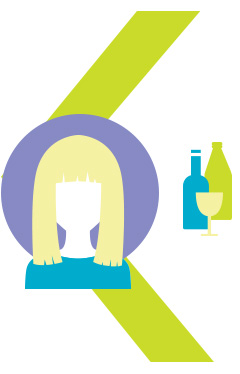
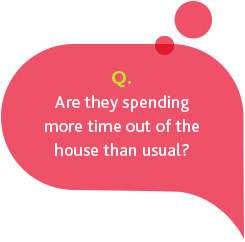
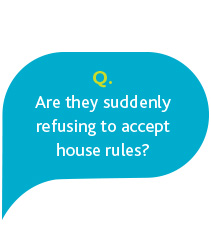
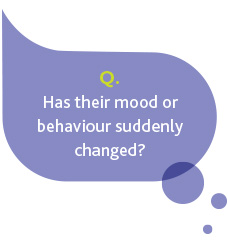

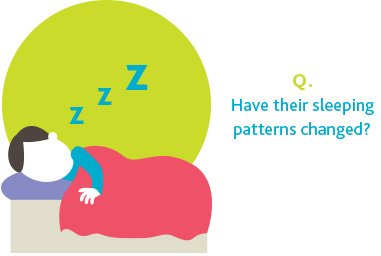
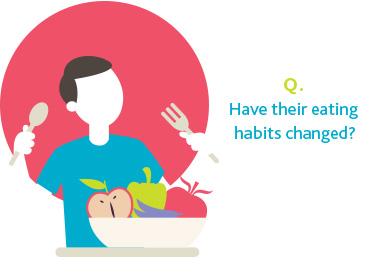
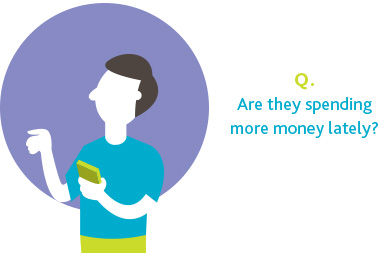
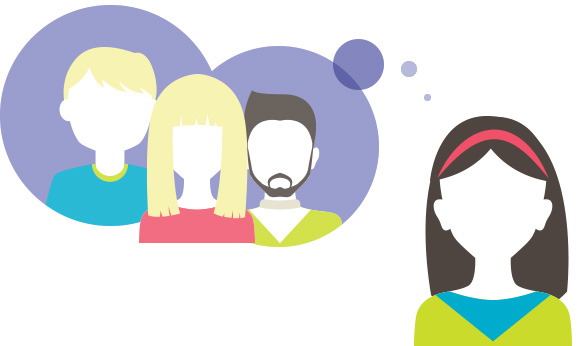
- Q. Are they spending increasing amounts of time with new friends?
- Q. Have you met these new friends?
- Q. How well do you know their friends, both old and new?
- Q. How well do you know their friends’ parents?
- Q. Do these parents know your rules about alcohol and do you know theirs?
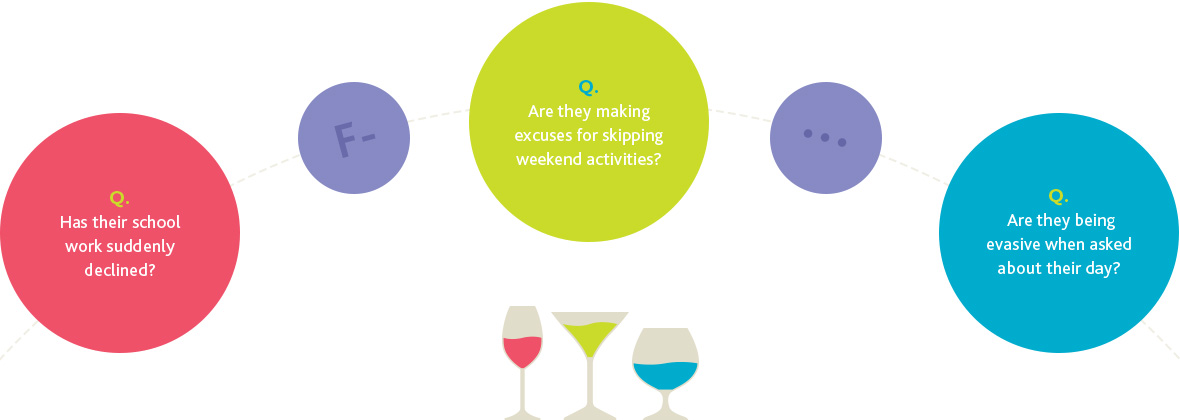
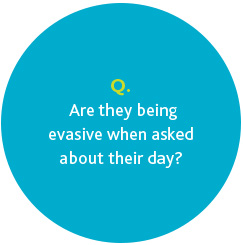
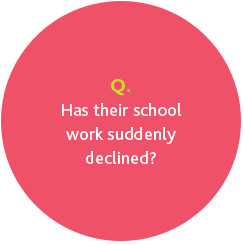
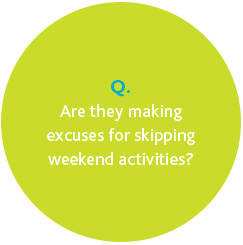
Why do young people drink?
As a parent, it’s important to understand why your child might start drinking alcohol so that you can give them the information and facts they need to make informed decisions and improve their understanding of alcohol. In turn, this will influence their relationship with alcohol in the future. Young Irish people are not drinking any younger or more frequently than their European counterparts, but where they differ is that Irish students rank significantly higher than students from other countries in the amount that they drink in one sitting. While there is no definitive list of reasons why young people start to drink, here are just some of the possibilities to consider.
-
They are curious
A lot of young people are naturally curious about alcohol and its effects and want to experience this for themselves. They see alcohol all around them from advertising to its use on television programmes. They may also witness regular alcohol use in the home. All of these issues can heighten their curiosity. In their minds, they may see alcohol use as a part of the normal teenage experience.
Talk to your children about alcohol. Acknowledge that they may be curious but highlight the risks associated with drinking from an early age.
-
They can access it easily
It is just as common for teens to start using alcohol because it’s readily available and they see all their friends drinking. Alcohol is legal (although not for under 18s), easily accessible drug and can be bought from corner stores and supermarkets without much difficulty. There may be very little you can do in terms of the sale of alcohol but be conscious of the amount of alcohol you keep in your house.
As a parent you want to limit the opportunities your young person has to experiment with alcohol.
-
Their friends are doing it
Alcohol consumption by teenagers is generally a group activity. Many young people feel under extraordinary pressure from their peer group to drink alcohol and so they give in simply to fit in. Many teenagers may not consider that they are pressured into drinking, however it is unlikely that they would choose not to drink if their friends are drinking. They believe that everyone is doing it but it is important for young people to realise that not all teenagers are drinking and that many are saying ‘no’ to alcohol.
It is important for your child to have the confidence and self-belief to say ‘no’ if they want to.
-
They see it as a way to escape their problems
Often young people will try alcohol to escape the reality of their situation. Perhaps they are being bullied or fighting a lot with siblings or parents or perhaps they are struggling with personal issues. Whatever the issue, alcohol can temporarily make that person forget about what it is that they are trying to escape from. This is a worrying trend as alcohol is a depressant drug and as such can have some very negative effects on the body and mind, such as an inability to think rationally. When the alcohol wears off the young person still has to face the reality of their situation and this is often then compounded by the negative effects of drinking alcohol.
It’s important for a child to be resilient – to be able to deal with the issues they are faced with, to learn to talk about their problems or to develop alternative, healthy, coping mechanisms.
-
They think it's fun
Probably the main reason why young people drink alcohol is that they think they’ll enjoy it. Teenage alcohol use predominately occurs in small peer groups and is often a social event for teenagers. As the negative effects are not immediately apparent, it is important that they are made aware of the risks associated with early alcohol use.
When talking to your teenagers about alcohol acknowledge that drinking in moderation in a safe environment can often be fun, but highlight the risks associated with drinking from an early age and encourage them to wait.
-
They see their parents drinking
Your drinking does have an effect on your child’s attitude towards alcohol so be conscious of the regularity and the amount of alcohol you consume at home. If your child witnesses regular bouts of drunkenness at home or sees you reaching for a bottle of wine after a stressful day then they will assume that this is normal behaviour.
As a parent it is important to give your child consistent messages about responsible drinking. Think about the mixed messages that your child may be getting from you.
-
They see it as a way to increase confidence
Alcohol can make you feel less inhibited so therefore gives you the illusion of being more confident. However, it can also make you do things you later regret or find embarrassing. From the picture you quickly de-tag on Facebook, to more serious consequences, having too much to drink can cause you to behave out of character.
Young people need to understand that the initial stimulating effect that alcohol has on the system, where they feel more confident, quickly changes with the more alcohol one consumes.
-
They are bored
Boerdom is a big factor in alcohol misuse among young people. The more free time that adolescents have unsupervised, the more likely they are to engage in anti-social behaviours, including drinking alcohol. Evidence suggests young people are more likely to drink, drink frequently and drink to excess if they spend more than two evenings a week unsupervised with friends.
As a parent, you want to limit the opportunities your children have for being bored. Encourage them to develop and pursue interests they might have like sports, writing or music.
-
Their parents allow them to
Some parents choose to allow their children to try a little alcohol at home under their supervision. The argument is that if they are taught to drink sensibly under parental supervision, they will have a more mature attitude towards alcohol outside of the home. In Ireland, however, this has not proven to be the case. Research shows that children who were introduced to alcohol under supervision within the home are just as likely to binge drink outside of the home as those who were not introduced to alcohol within the home.
Be aware of the growing evidence showing significant risks associated with early drinking.

